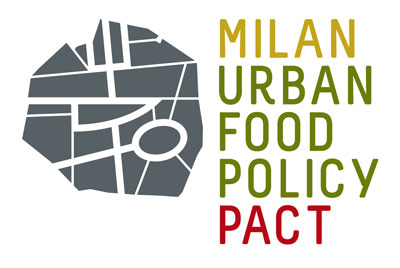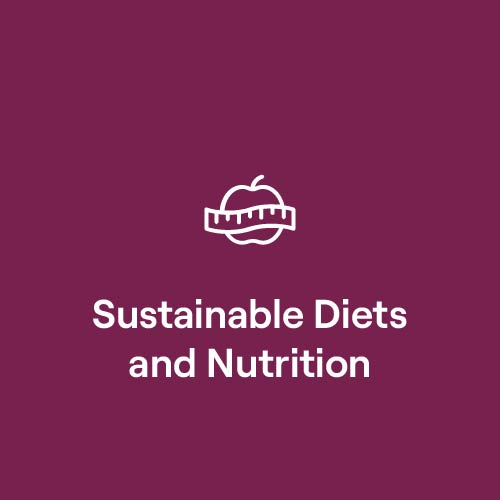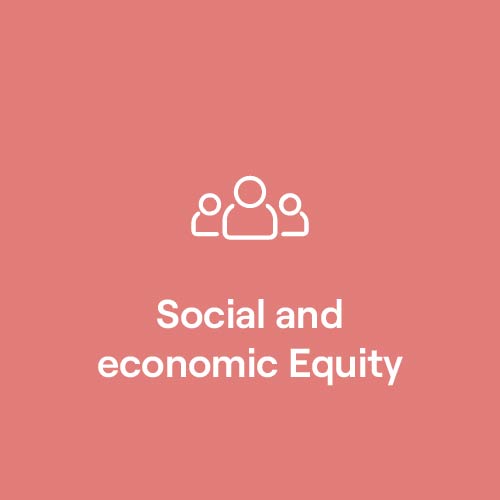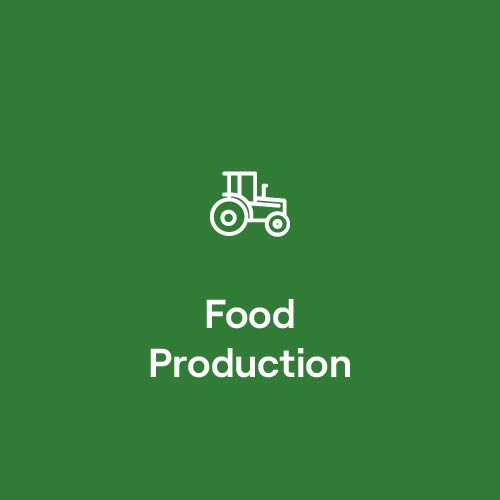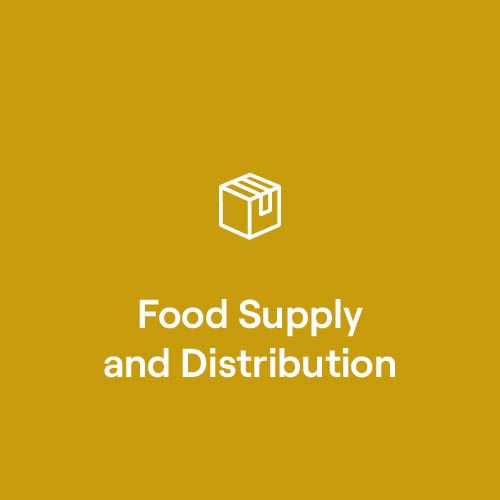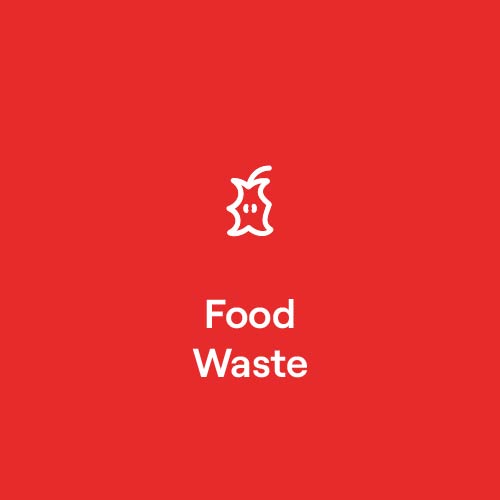Food Supply and Distribution
There is a variety of actions and measures that can be adopted by cities that want to ensure a sustainable, safe, fair, continuous and efficient supply and distribution of food into and within cities. For example: to review and strengthen food control systems, to ensure seasonal and local food consumption by linking peri-urban and near rural areas transport and logistics, to develop green public procurement and trade policy to facilitate short food supply chains, to support for municipal public markets, to support for municipal public markets.
Discover the 7 recommended actions for the Food Supply category.
Assess the flows of food to and through cities to ensure physical access to fresh, affordable foods in low-income or underserved neighbourhoods while addressing sustainable transportation and logistics planning to reduce carbon emissions with alternative fuels or means of transport.
Indicators



Support improved food storage, processing, transport and distribution technologies and infrastructure linking peri-urban and near rural areas to ensure seasonal food consumption and reduce food insecurity as well as food and nutrient loss and waste with an emphasis on diversified small and
medium scale food businesses along the value chain that may provide decent and stable employment.
Indicators



Assess, review and/or strengthen food control systems by implementing local food safety legislation and regulations that (1) ensure that food producers and suppliers throughout the food chain operate responsibly; (2) eliminate barriers to market access for family farmers and smallholder producers; and (3) integrate food safety, health and environmental dimensions.
Indicators



Review public procurement and trade policy aimed at facilitating food supply from short chains linking cities to secure a supply of healthy food, while also facilitating job access, fair production conditions and sustainable production for the most vulnerable producers and consumers, thereby using the potential of public procurement to help realize the right to food for all.
Indicators



Provide policy and programme support for municipal public food markets including farmers markets, informal markets, retail and wholesale markets, restaurants, and other food distributors, recognizing different approaches by cities working with private and public components of market systems.
Indicators


Improve and expand support for infrastructure related to food market systems that link urban buyers to urban, peri-urban and rural sellers while also building social cohesion and trust, supporting cultural exchange and ensuring sustainable livelihood, especially for women and young entrepreneurs.
Indicators


Acknowledge the informal sector’s contribution to urban food systems (in terms of food supply, job creation, promotion of local diets and environment management) and provide appropriate support and training in areas such as food safety, sustainable diets, waste prevention and management.
Indicators



